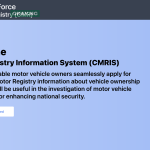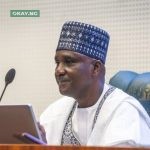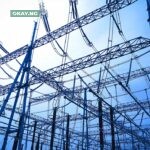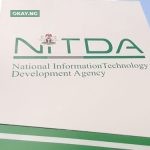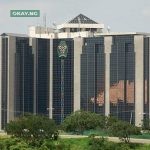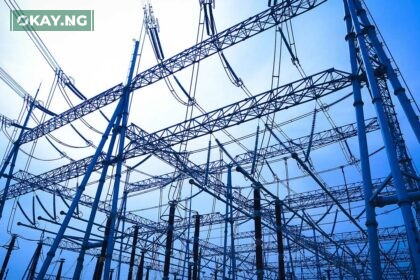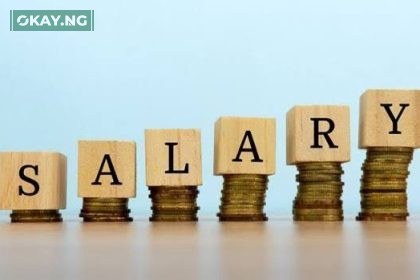The United Kingdom Court of Appeal has dismissed the appeal of Process & Industrial Development (P&ID) against a previous judgment halting the enforcement of its $11 billion award against Nigeria.
In a unanimous decision, Lord Justice Snowden, the lead judge, permitted P&ID to appeal the judgment but ultimately dismissed it. The ruling was supported by Lord Justice Fraser and Julian Flaux.
P&ID entered into an agreement in 2010 to build a gas processing plant in Calabar, Cross River State. However, the company claimed that the deal collapsed due to the Nigerian government’s failure to fulfil its obligations. The Nigerian government countered that the gas deal was a scam designed to defraud the country. P&ID denied these allegations, accusing the Nigerian government of making “false allegations and wild conspiracy theories.”
The dispute led P&ID to seek legal recourse, resulting in an arbitral award against Nigeria. On January 31, 2017, a tribunal ruled that Nigeria should pay P&ID $6.6 billion in damages, along with pre- and post-judgment interest at seven percent, amounting to $11 billion.
In October 2023, Justice Robin Knowles of the commercial courts of England and Wales halted the enforcement of the award, supporting Nigeria’s claim that the award was obtained by fraud and violated section 68 of the English Arbitration Act 1996. The judge found that P&ID had paid bribes to Nigerian officials involved in drafting the gas supply and processing agreement (GSPA) in 2010 and was illegally in possession of Nigeria’s privileged legal documents during the arbitration hearings. P&ID was ordered to pay £43 million to Nigeria as compensation for legal fees and disbursements.
The judgment of the UK Court of Appeal was delivered on Friday. One issue raised in the P&ID appeal concerned whether the lower court was wrong to order the £43 million legal cost to be paid in British pounds sterling rather than in Nigerian naira. P&ID argued that Nigeria funded its legal services by exchanging naira from its consolidated revenue fund, and therefore, the costs order should have been in naira.
“The second issue (which is only reached if this Court has jurisdiction and grants permission to appeal) is whether the Judge was right to order P&ID to pay Nigeria’s costs in sterling,” part of the court judgment reads.
“Although Nigeria was billed by its English lawyers in sterling and paid them in sterling, P&ID contends that Nigeria funded such payments by exchanging naira from its consolidated revenue fund, so that the Costs Order should have been in naira.
“The issue is of some financial consequence because the naira depreciated significantly against sterling in the period between Nigeria’s payments to its lawyers and the making of the Costs Order.
“Nigeria’s legal fees and disbursements are said to have amounted to around £43 million. P&ID asserts that payment of such fees and disbursements at the relevant times would have cost Nigeria a total of about 23 billion naira; but if P&ID is required to pay £43 million in costs now, that could be exchanged by Nigeria at the current rate to about 76 billion naira.”
Lord Justice Snowden accepted Nigeria’s argument that since the legal costs were paid in sterling, the cost order should be paid in the same currency. “In my judgment, therefore, the judge was right to accept Nigeria’s straightforward submission that because Nigeria had been invoiced and had incurred its liability to its solicitors in sterling and had paid those bills in sterling, the court ought to make its Costs Order in sterling,” he ruled.
“I would therefore grant P&ID permission to appeal, but would dismiss the appeal.”



